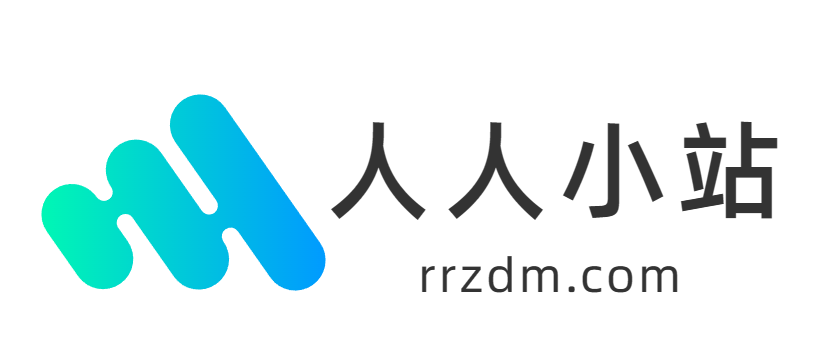文章目录[隐藏]

Why the Real Thing Matters
做真正的事情为什么重要

The Strategy for Success Looks Obvious
成功的策略看起来显而易见
-
Eric Barone, who went on to sell millions of copies of his game, overcame his struggles at creating art by making and remaking the art assets for his game dozens of times.
-
Vat Jaiswal, was struggling to land work as a new architect, until he committed himself to mastering the software and style practiced at actual firms.
-
Countless polyglots show that being able to speak a language depends, critically, on spending a lot of time speaking it. Playing with apps alone doesn’t count. Why then, if the way forward is so straight, do we insist on taking detours?
The Real Thing is Hard
做真正的事情很难

Rules for Doing the Real Thing
做真正事情的法则
1. Nothing is often better than something.
1. “什么都不做”经常比“做”好
2. The hard way is the easy way.
2. 困难的道路就是容易的道路
3. If you’re not sure what the real thing is, just ask.
3. 如果你不确定什么是真正的事情,只管问。
A Meaningful Life Depends on Doing Real Things
有意义的生活取决于做真正的事情
<










